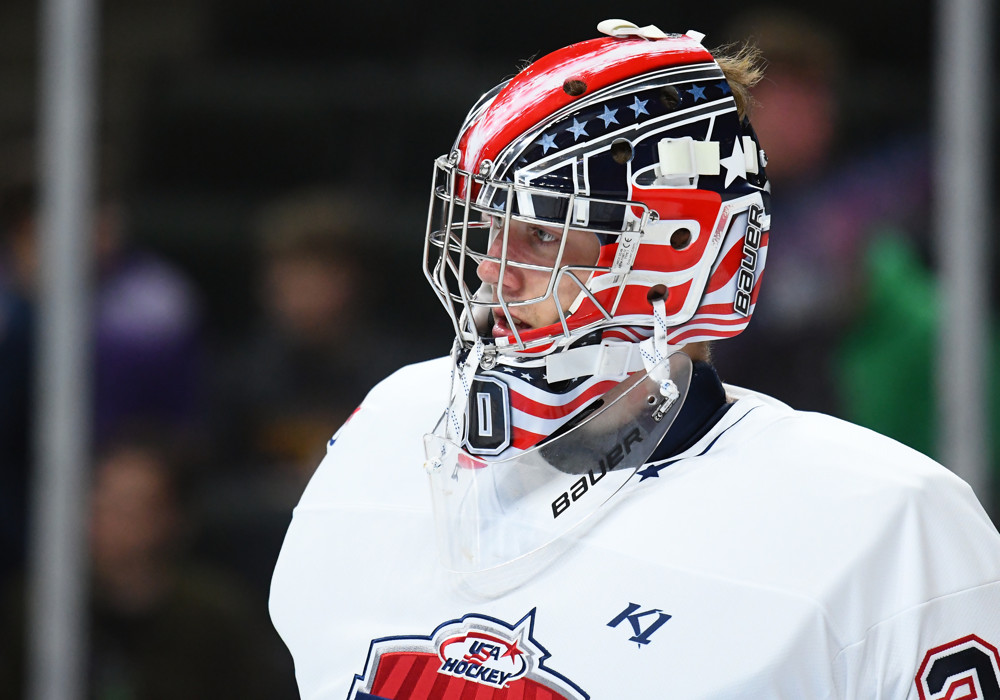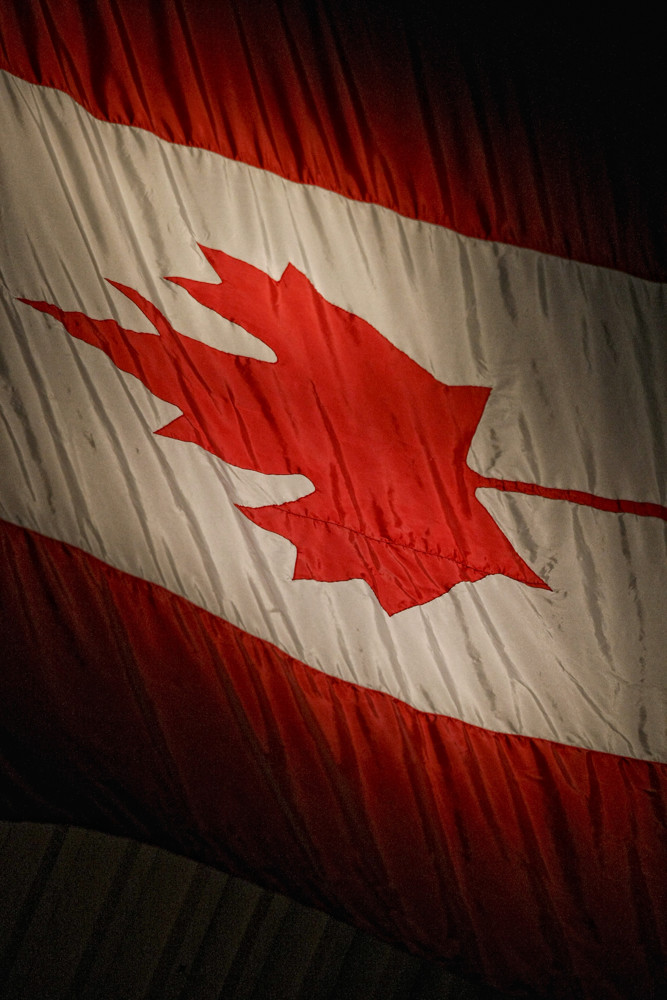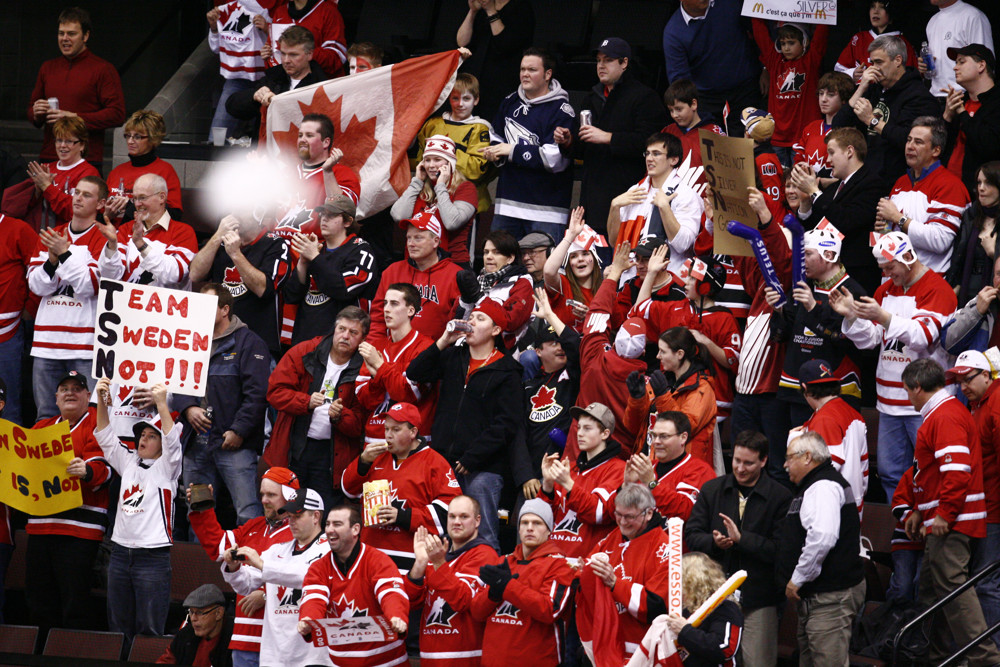The round robin portion of the World Junior Hockey Championship has drawn to a close and the teams are preparing for the playoff round. In the preliminary round we saw a lot of blow outs and a few upsets. I‘m looking at you, 16-2 Canada over Germany. Some players showed their value while others underperformed. There were a few standout moments from the first half of the tournament to review. Let’s take a look at the big moments from this year’s round robin.
The End of Sweden’s Win Streak
The last time Sweden had lost a game in the preliminary round was to the United States on December 31st, 2006 in overtime. Almost exactly 14 years later, the 54-game winning streak came to an end when Russia beat Sweden 4-3 in overtime.
The Swedish record was more than double the second longest winning streak which is held by Canada. Canada won 22 games straight between 2003 and 2008.
During their 14 year streak, Sweden had only won gold once in 2012.
It has been a key storyline in many of the last tournaments. It is a remarkable record that often seemed like it would never end. Unfortunately, all good things come to an end and just as 2020 has taken away so many great things, it also took away the streak.
Perhaps the end of the streak will result in a victorious change of fortune for Sweden in the playoff rounds. We’ll have to wait and see.
Blowouts
On the second day of the tournament, all three games played ended in a huge discrepancy of goals scored. Sweden beat the Czech Republic 7-1, Canada defeated the Germans 16-2, and the Austrians were outscored by the Americans, 11-0.
Since the second day there have been five more “blowouts.” Three once again coming in one day. 7-0, 10-0, and 7-1. The next day the Finns beat Slovakia 6-0. On the last day of the preliminary round, the Czech Republic versus Austria game ended in 7-0 victory for the Czech team.
This has led to questions about whether there are too many teams in the tournament. This year, it has seemed that the competition is not strong enough to justify 10 teams in the round robin.
Austria, the lowest ranked team in the tournament, has had three of their four games end in these outstanding results. Their fourth game ended 4-0, which some may still consider a “blowout.”
Fans, journalists and former players have all been suggesting new formats to make these skewed results less likely.
James Mirtle, editor-in-chief at the Athletic, tweeted that the tournament should split the top four to six teams into one group for a round robin and the rest in another. The top of Group B would then advance into the quarterfinals. He followed up by saying this format, “would ensure you’d see Canada, Russia, USA etc. all face each other at least once per event. And it would really limit the number of blowouts.”
Gord Miller, TSN and NBC hockey commentator, said that this idea had already been considered but was deemed “impractical.”
The current 10 team format we know today was introduced in 1996. Before then, the tournament had eight teams participate in the round robin.
It doesn’t seem that a change in format is on the horizon, but that hasn’t stopped the critics this year.
Germany
Germany was promoted to the World Juniors top division for the 2020 tournament. They avoided relegation last year by beating Kazakhstan in the best-of-three relegation series. They were notable underdogs entering this year’s tournament. Germany was ranked ninth in the tournament, the bottom team of Group A.
The tournament began with a slew of positive COVID tests for the German team which left them battered and lacking players. The healthy and available kids had to play a lot of ice time to make up for the eight missing players. In their game against Slovakia, Tim Stutzle played 31:01 minutes of the game. Leading Canada in ice time this tournament, Dylan Cozens averages 17:20 minutes of ice time per game. The extra time being put in by the German team is clear.
The German’s tournament wasn’t looking too bright following a 16-2 loss to the Canadians in their second game. Canada had more goals in the game than Germany did shots.
Having played the two tougher opponents in their group, Finland and Canada, in their first two games, the Germans came out victorious in their last games of the tournament. Germany beat the Slovakians 4 -3 in overtime, giving them their first win of the tournament.
In their final game of the round robin, Germany held on to beat Switzerland 5-4. Switzerland poured it on at the end scoring all four of their goals in the final 10 minutes of the game. Germany’s victory put Switzerland in fifth place in Group A and puts an end to their playoff round dreams.
Germany will finish third in the group. They are advancing to the playoff round for the first time.
Germany could not have made it to where they are in the tournament without some star power. Ottawa Senators third overall draft pick, Tim Stutzle has been unbelievable so far. In their first game, Stutzle picked up 26:01 minutes of ice time. The eighteen-year-old captain has been a critical part of the German team by playing big minutes and being active on the score sheet.
Stutzle couldn’t do it alone though. Three of the five players in the top five for points in the tournament are from the German team. Stutzle is number three behind Trevor Zegras of the U.S.A. and Dylan Cozens of Canada. Stutzle’s line mate, John Peterka is number four and the centre of that line, Elias Florian rounds out the top five. The Germans could not be where they are in the tournament without the top line of Stutzle, Florian and Peterka’s performances. We will see if this line can carry their success into the playoffs.





